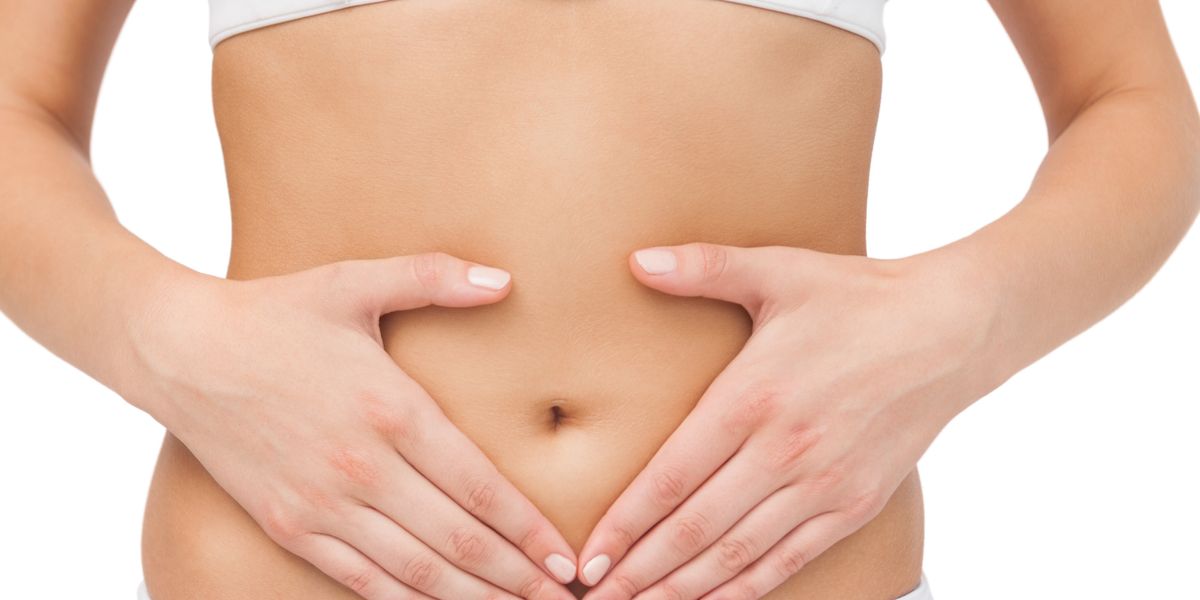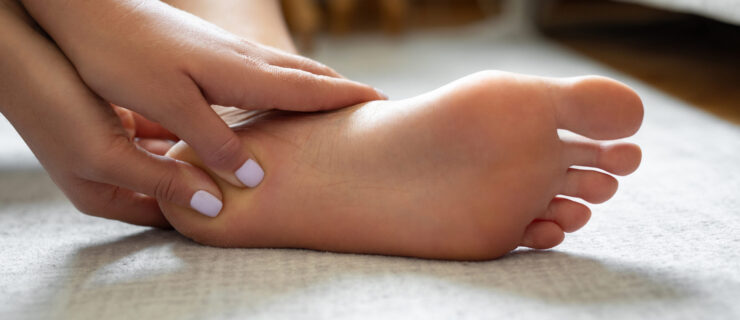Plan a Microbiome Makeover
Your gut is a hot topic in nutrition right now. Experts say a healthy microbiome (the makeup of bacteria in our bodies) is associated with everything from a reduced risk of infection to a more efficient metabolism.
But can we actually make our inner bacterial population healthier?
The jury is still out. “We don’t know yet how much control we have over the composition of the microbiome,” says Marion Nestle, professor of nutrition and food studies at New York University. “There are trillions of bacteria in our intestines, of many different kinds.” (Humans actually have 10 times more bacterial cells than human cells!)
Still, there are a few steps you can take to make yours as happy and healthy as possible:
Eat More Probiotics
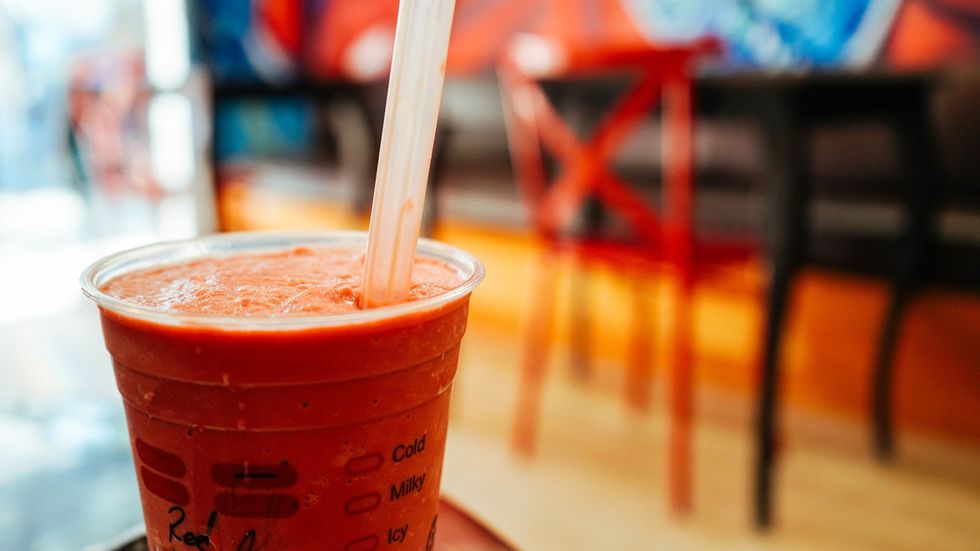
StockSnap
Probiotic foods contain live bacteria that become a part of your gut’s ecosystem. Some of the most common are yogurt, kefir, kombucha, cottage cheese, sauerkraut, tempeh and even sourdough bread.
Incorporate them into your diet by sipping on smoothies with a yogurt or kefir base, snacking on cottage cheese and berries or making sandwiches with sourdough bread.
Increase Prebiotics
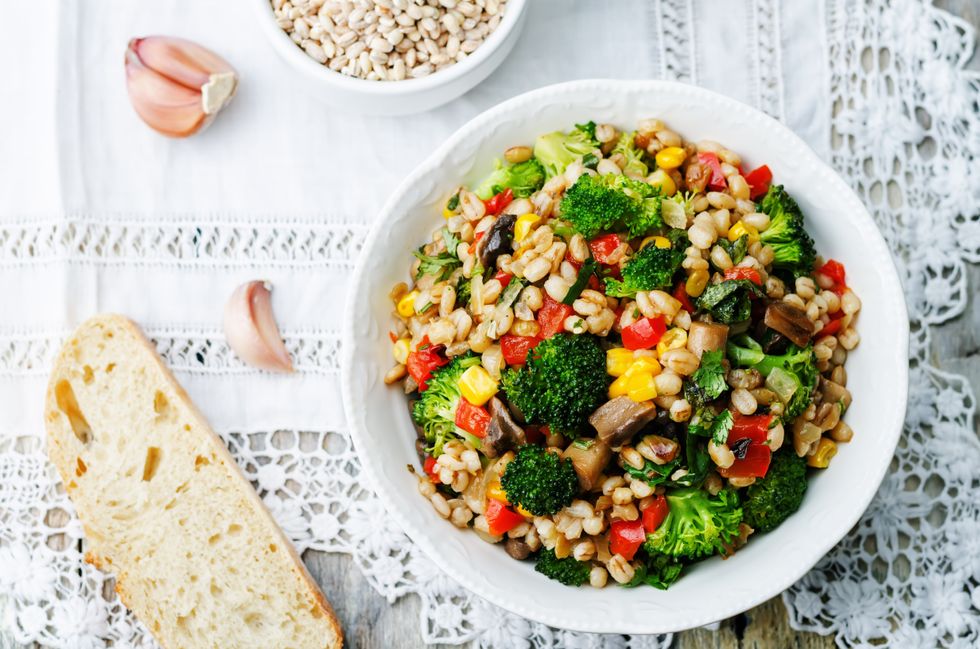
Thinkstock
Prebiotic foods contain nutrients that help nourish the bacteria. “The preferred fuel for bacteria is fiber,” says Jennifer McDaniel, a spokesperson for the Academy of Nutrition and Dietetics. That means plant-based foods, like fruits, vegetables and beans, can help support a balance of good bacteria.
Start your day with fiber-rich oatmeal for a prebiotic boost, snack on jicima sticks and hummus and sauté barley pilaf with your favorite veggies and legumes for dinner, suggests nutritional biochemist Lara Hyde, PhD. “Onions, artichokes, and legumes like black beans and lentils are especially good prebiotic sources.”
Time It Right
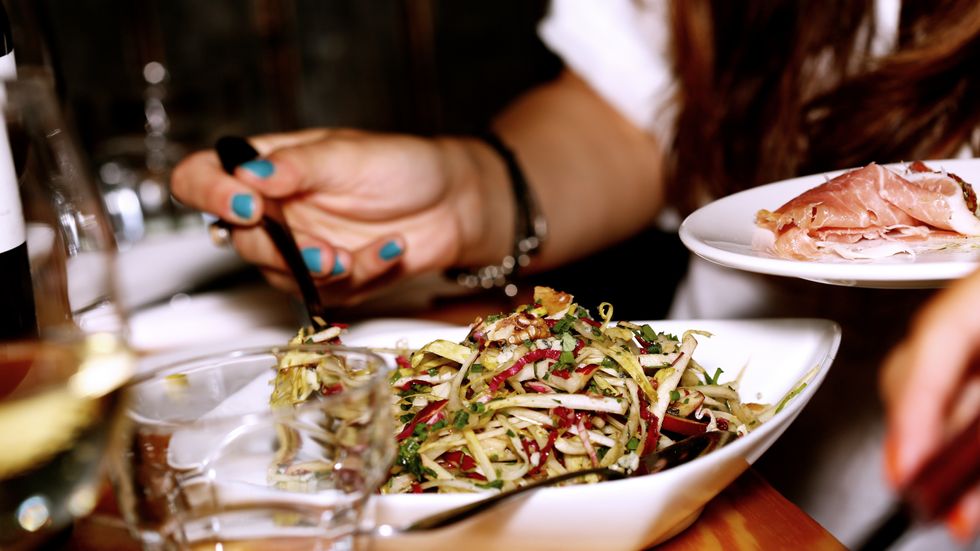
StockSnap
Hyde cautions against making adjustments too quickly. “Rapidly changing the amount of fiber you eat might have consequences like diarrhea, so don’t make a big switch right before performance day,” she says. “Instead, try slowly increasing the amount of fiber in your diet over about two weeks.”
Avoid Foes to Good Bacteria
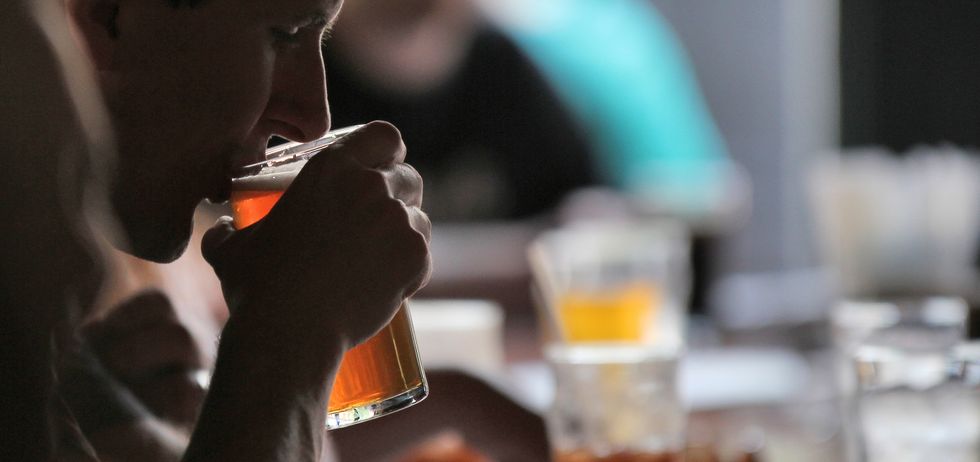
Robert Matthews/Unsplash
Too much alcohol or stress can hurt the good bacteria in your gut. Try to cut down on both, find ways to relax other than drinking.
Supplement Wisely
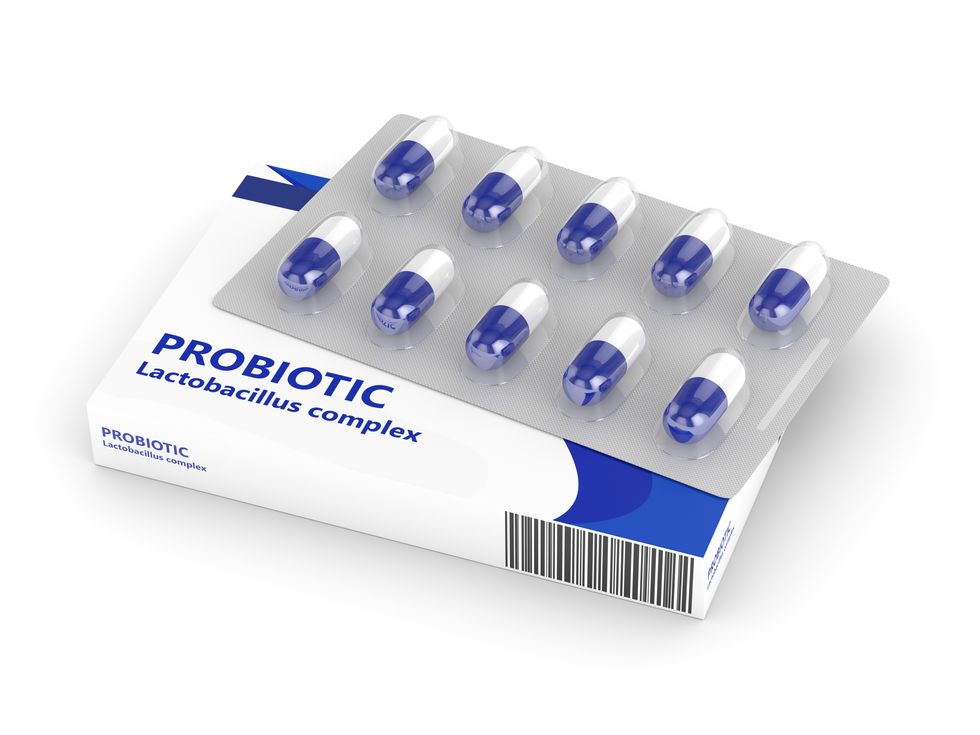
Probiotic and prebiotic supplements are tempting, but the effectiveness of these pills and powders isn’t guaranteed. “The good news is that there is very little harm,” says Jennifer McDaniel, a spokesperson for the Academy of Nutrition and Dietetics. “The most common reported side effect is mild gas.” If you add a supplement to your diet, she recommends choosing an option with at least 1 billion to 5 billion colony-forming units (CFUs). Take it first thing in the morning or between meals to avoid high levels of stomach acid.
